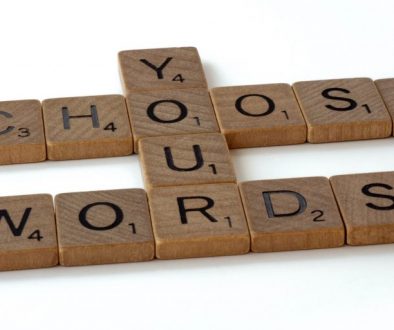Why do we need a hook?
An effective introduction always begins with an engaging hook. The hook starts a conversation with the reader in a way that is interesting and appropriate to the writing. A good hook demonstrates that you know your audience and that you understand what they care about. Most importantly, it makes the reader want to keep reading. A good hook prepares the reader to absorb the nitty-gritty details, facts, statistics and quotations that will be a big part of your text and evidence-based essay, and it does it in a way that motivates the reader to want to go down this path with you.
Slow Your Roll
A good hook shouldn’t be rushed. A lot of writers want to get right into the facts and figures; they want to present the argument or thesis immediately. They basically want to “answer the question” quickly so that they can get on with finishing the essay and move on to other things. The problem with this approach is that it can sometimes seem too formal, too rushed or even dull. Additionally, the hook is a great place to some length and “heft”to your essay. Some writers complain that their compositions are too short. Well, the hook is one place where you can beef the essay up a little.
As an additional bonus, the hook is one place in your essay where you can get a little creative, literary even. Here’s something to remember, if it was fun to write your hook, it will be fun for your reader to read your hook. Of course, the length of the introduction’s hook does depend on how much time you have to finish your essay. Timed essays and short responses will have shorter and more quickly created hooks than essays that are written over the course of several days.
Type of essay: response to literature
The Prompt: Sonnet 130 (My Mistress’s Eyes) and “My Funny Valentine” are two comparable literary expressions of love. In a multiple-paragraph essay, discuss how these two works, despite being being very different forms written in very different eras, handle themes surrounding love.
“I know only one duty, and that is to love”. Such sentiments as these spoken by Albert Camus remind the reader that as St. Valentine’s Day approaches, one cannot help but contemplate not only the act of being in love, but also how to best express one’s love in the most effective way. Failing in this regard is not an option, as the consequences might prove awkward, embarrassing or even painful. For this reason, people prone to romance have for centuries studied and emulated love poetry written by the masters in an attempt to uncover the secrets of truly expressive and convincing declarations of infatuation and amour. Pablo Neruda, Percy Shelley and Emily Bronte, to name a few have provided the world with romantic love poem templates that have most assuredly been nicked by the lovelorn for decades. There are so many fabulous examples that it seems quite odd that anyone would resort to mimicking verse that casts dispersions or even insults towards one’s lover. That’s what makes William Shakespeare’s Sonnet 130 and Rodgers and Hart’s “My Funny Valentine” so very interesting. These two very popular, but very unlikely expressions of love can be compared in a number of intriguing ways. Both works are notable in that they seem to…




